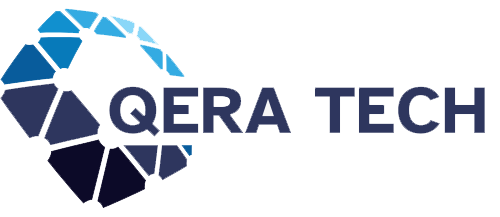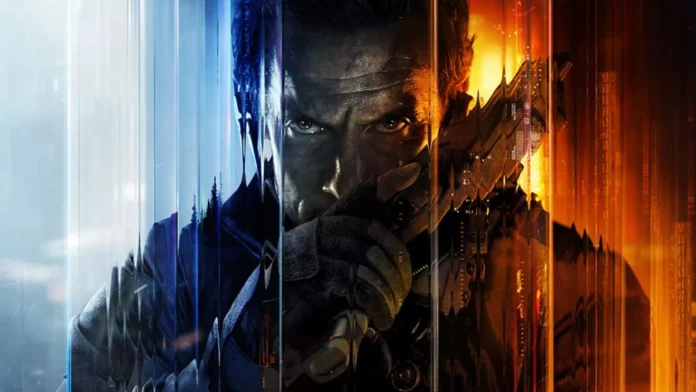When Microsoft first introduced Xbox Game Pass, it was marketed as “the best deal in gaming.” For a flat monthly fee, players got access to a huge library of titles, from indie gems to blockbuster AAA releases. It sounded like a dream—why spend $70 on a single game when you could play dozens for a fraction of the cost?
Fast forward to today, and that dream is starting to look more expensive than ever. Microsoft has confirmed a major price increase to its popular Game Pass subscription, and the reaction from fans has been anything but cheerful.
The Price Jump That Sparked the Backlash
The headline change is hard to ignore: the Ultimate tier, which gives players day-one access to major new releases, is climbing from £14.99 to £22.99 per month (that’s about a 50% increase).
For long-time subscribers, this stings. Many gamers took to social media to announce they were cancelling their subscriptions on the spot. Some even joked that the cancellation page itself crashed under the weight of angry users—though Microsoft hasn’t confirmed whether that surge of traffic was the cause.
This isn’t just about a few extra pounds each month. Over a year, that price difference adds up to nearly £100 more for the exact same subscription. For a hobby already criticized as expensive, it feels like yet another barrier being put up between players and the games they love.
Breaking Down the New Tiers
Microsoft says the change is about offering “more flexibility, choice, and value.” On paper, here’s how the new lineup looks:
-
Essential (£10/month) → The base tier, required for online multiplayer, offering a smaller library of games.
-
Premium (£14.99/month) → Expands the library and perks but without the full Ultimate benefits.
-
Ultimate (£22.99/month) → The flagship option, giving access to new releases on day one, cloud gaming, EA Play, and other bonuses.
For Microsoft, this reshuffling is about giving gamers options. For players, though, it feels more like moving the goalposts. The fact that day-one access is now locked behind the most expensive tier hasn’t gone unnoticed.
Think of it this way: imagine Netflix suddenly told you that the latest blockbuster films would only be available on its most expensive plan. Even if you still got access to older movies, you’d probably feel like you were being squeezed. That’s exactly how many Xbox players feel right now.
What’s Actually New?
Microsoft insists this isn’t just a price grab. The company has added blockbuster games like Hogwarts Legacy and several Assassin’s Creed titles to the library. Big franchises like Call of Duty are also available via Game Pass, making the Ultimate tier more tempting for those who want the latest hits.
But here’s the catch: most of these games can already be purchased outright, and if you don’t play them, the “extra value” doesn’t mean much. For someone who sticks to a few favourites or doesn’t dive into every new release, the cost jump feels like paying for features they’ll never use.
Why Players Feel Burned
It’s not just about money—it’s about trust. Gamers bought into Game Pass because it promised affordability. For years, it really did feel like a win-win. Microsoft gained subscribers, and players got more games than they could possibly finish.
Now, with prices spiking, that relationship feels shakier. On forums like Reddit and X (formerly Twitter), users describe the move as “anti-consumer.” Many point out that Microsoft had already raised prices for consoles, accessories, and even individual game titles this year. Piling another increase onto subscriptions feels like rubbing salt into the wound.
As one Eurogamer editor put it: “They want to be the favourites of gamers, but this feels like shooting themselves in the foot.”
The Bigger Picture: Why Gaming Costs Are Rising Everywhere
Microsoft isn’t alone. Sony raised the cost of some PlayStation Plus tiers, and even Nintendo has been criticized for charging premium prices on Switch 2 accessories and new releases. Game development itself has become more expensive, with blockbuster titles often costing hundreds of millions of dollars to produce.
So, part of this price hike reflects an industry-wide trend: games cost more to make, and publishers are passing those costs on to us.
But here’s the thing—consumers don’t necessarily care about production budgets. They care about whether they can afford to play. At a time when living costs are already climbing in many parts of the world, gamers are starting to ask whether subscriptions like Game Pass are still worth it.
Subscription Fatigue Is Real
There was a time when Game Pass felt like a no-brainer. Now, it joins a long list of subscriptions competing for your wallet: Netflix, Disney+, Spotify, PlayStation Plus, and more. Add them all up, and you might be paying more than you realize.
For some players, cancelling Game Pass isn’t about abandoning Xbox—it’s about prioritizing. If you’re already paying for multiple streaming services, a 50% jump in your gaming bill might be the breaking point.
Microsoft’s Defense
From Microsoft’s perspective, the company argues that Game Pass is still delivering massive value. They highlight:
-
Over 75 first-day game releases annually on Ultimate.
-
Expanded cloud gaming at higher resolutions.
-
A growing rewards system and integration with Ubisoft+ Classics.
And to be fair, for hardcore gamers who dive into multiple big releases every month, Ultimate might still be cheaper than buying games individually. But that’s a narrow slice of the player base. For casual gamers, the new price simply feels unjustified.
A Personal Take: The Deal That Changed Gaming
I still remember when Game Pass first launched. I was skeptical—how could a subscription model really work for games? But then I downloaded titles I never would’ve bought otherwise, and it felt like opening a treasure chest every month. That excitement was real.
Today, though, the shine is fading. When a service that built its reputation on affordability suddenly costs as much as a full-price new release every single month, it changes the story. What once felt generous now feels calculated.
It’s not just a price increase—it’s a shift in the philosophy of Game Pass itself.
What This Means for You
So, should you stick with Game Pass or cancel? Here’s a way to think about it:
-
If you play multiple big games every month, Ultimate still gives you strong value.
-
If you only dip in occasionally, consider downgrading to Premium or Essential—or cancelling altogether.
-
Keep in mind that alternatives exist. Sony’s PlayStation Plus has also expanded, and PC players have options through Steam sales or bundles like Humble Choice.
In other words, don’t treat Game Pass as the only option. Subscription services live and die by numbers, and if enough players walk away, Microsoft may be forced to rethink its strategy.
Here’s What This Really Means
The Xbox Game Pass price hike is more than just a higher bill—it’s a turning point in the relationship between gamers and subscription services. What started as an unbeatable bargain is now testing the limits of player loyalty.
When you step back, it feels like we’re seeing the end of the “cheap all-you-can-play buffet” era. Publishers are pushing toward premium, high-cost subscriptions, and gamers will have to decide whether the convenience is worth the squeeze.
For now, Microsoft insists it’s still the best deal in gaming. But judging by the angry posts, cancelled subscriptions, and calls for boycotts, players aren’t so sure anymore.

